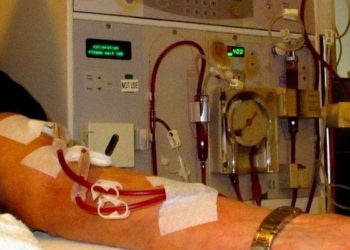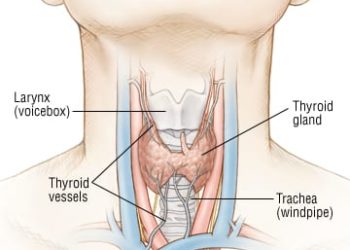Cancer medications approved by FDA accelerated approval program struggle to show benefit
1. In this updated review of cancer medications that received Food and Drug Administration (FDA) accelerated approval program, only 20% of drugs demonstrate improved overall survival benefit.
2. Final FDA approval was commonly made based on surrogate measures. A substantial proportional of confirmatory trials are still ongoing or delayed despite initial approval.
Evidence Rating Level: 2 (Good)
Study Rundown: The FDA accelerated approval program for cancer therapies was developed in an effort to improve access to therapy for life-threatening conditions. The program was started in 1992 and provides conditional approval for agents based on trials with surrogate endpoints with a requirement for subsequent confirmatory studies with clinically meaningful endpoints so that patients and healthcare providers will be able to make decisions knowing the risks and benefits of these novel therapies. The current study is an updated review of cancer medications that have received approval though the accelerated program. The study found that only 20% of medications show improvement in overall survival. Many follow up trials and final approvals were based on surrogate measures.
The main strength of the study is the thorough review of all cancer drugs approved through this FDA program. The limitations of the study include the cutoff only looking into approvals to the end of the 2017 study period, with many updates now available. This study also did not review trial methodology for the medications receiving approval.
Click to read the study in JAMA Internal Medicine
Relevant Reading: Timing and Characteristics of Cumulative Evidence Available on Novel Therapeutic Agents Receiving Food and Drug Administration Accelerated Approval
In-Depth [systematic review]: This study was a systematic review of literature on endpoints used in preaffirmatory and confirmatory trials for cancer medications receiving FDA accelerated approval. Outcomes for confirmatory trials were grouped into those that improved overall survival or quality of life, surrogate measures used in the preaffirmatory trial, and surrogate measures different from the preaffirmatory trial. Trials were included to have surrogate measures if the primary outcome was: event-free survival, major hematologic response, durable complete remission rate, major hematologic response and cytogenic response, minimal residual disease response rate, durable objective overall response rate, progression/disease-free survival, pathological complete response, and metastasis-free survival.
From 1992 to the end of the study period May 31, 2017 the FDA gave accelerated approval to 93 cancer drugs. A total of 51 of these medications had subsequent approval based on confirmatory trials. For medications awaiting final approval, 5 had delayed confirmatory trials, 10 trials were still pending, 9 trials were still ongoing. For 19 (20%) of approved medications there were confirmatory trials demonstrating improved overall survival, while 19 (20%) trials reported the same surrogate endpoints, and 20 (21%) had trials with different surrogate endpoints.
Image: PD
©2019 2 Minute Medicine, Inc. All rights reserved. No works may be reproduced without expressed written consent from 2 Minute Medicine, Inc. Inquire about licensing here. No article should be construed as medical advice and is not intended as such by the authors or by 2 Minute Medicine, Inc.









